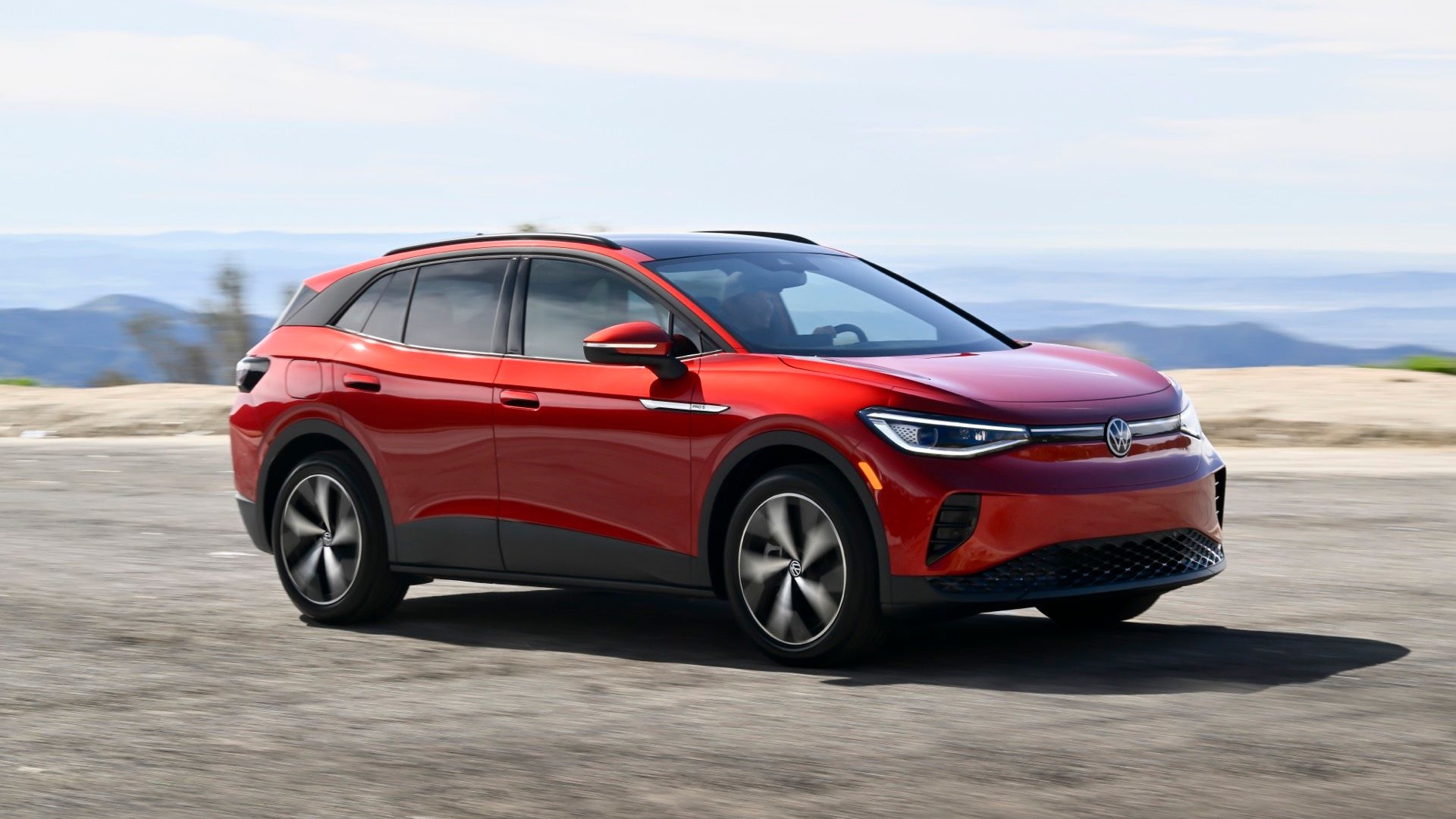Ford may yet have to account for discrepancies between real-world mileage and EPA ratings on its hybrids, but any issues certainly aren't harming its sales.
The company reports that the C-Max hybrid has become the fastest-selling hybrid ever, with 8,030 units sold in its first two months on sale.
By comparison, the Toyota Camry Hybrid sold 7,300 units in its first two months on sale, May and June 2006.
Between C-Max Hybrid and the plug-in Energi hybrid, sales are three times that of the combined launch sales of the first-generation Toyota Prius and Honda Insight back in 2000.
We'd interject at this point and suggest that the latter statistic isn't surprising in the least, given that, like electric cars today, hybrids were very much new, unusual and disruptive technology back in 2000.
Beating such a figure would be like releasing a new electric car in a decade's time and celebrating its sales over today's Nissan Leaf...
Still, the Ford records keep piling in--the company also reports its best electrified vehicles sales ever in November, beating Prius V and Prius Plug-In sales by 10 percent, at 7,157 units.
And by the end of December, Ford is projecting all-time best quarterly sales for hybrid vehicles.
EPA grumbles explained?
That's great news for Ford, whose push into electrified vehicles appears to be paying off--despite issues regarding their hybrids' EPA mileage.
Consumer Reports, which rated Ford's hybrids 20 percent lower than EPA in its own independant testing, suggests why the EPA figures are so different from their own.
Much of it is to do with the respective organizations' highway tests. CR tests cars at a constant 65 mph, resulting in both Fords' gasoline engines running, rather than the cars' electric motors.
By comparison, EPA testing involves a constant 55 mph cruise--within the electric motor's capability--with occasional bursts up to 80 mph and back down again. While this would involve the gasoline engines kicking in, the coast-down periods would result in plenty of engine-off time, saving gas.
Ford itself has already explained the discrepancy, to some degree--the company has ensured that its hybrids are still fun to drive and offer good performance, potentially reducing real-world mileage.
As is so often the case, we'd return to the old caveat "your mileage may vary".
While both Ford hybrids still offer impressive economy, only the individual driver will know whether their own routes will return figures similar to EPA testing, or lower...
+++++++++++













